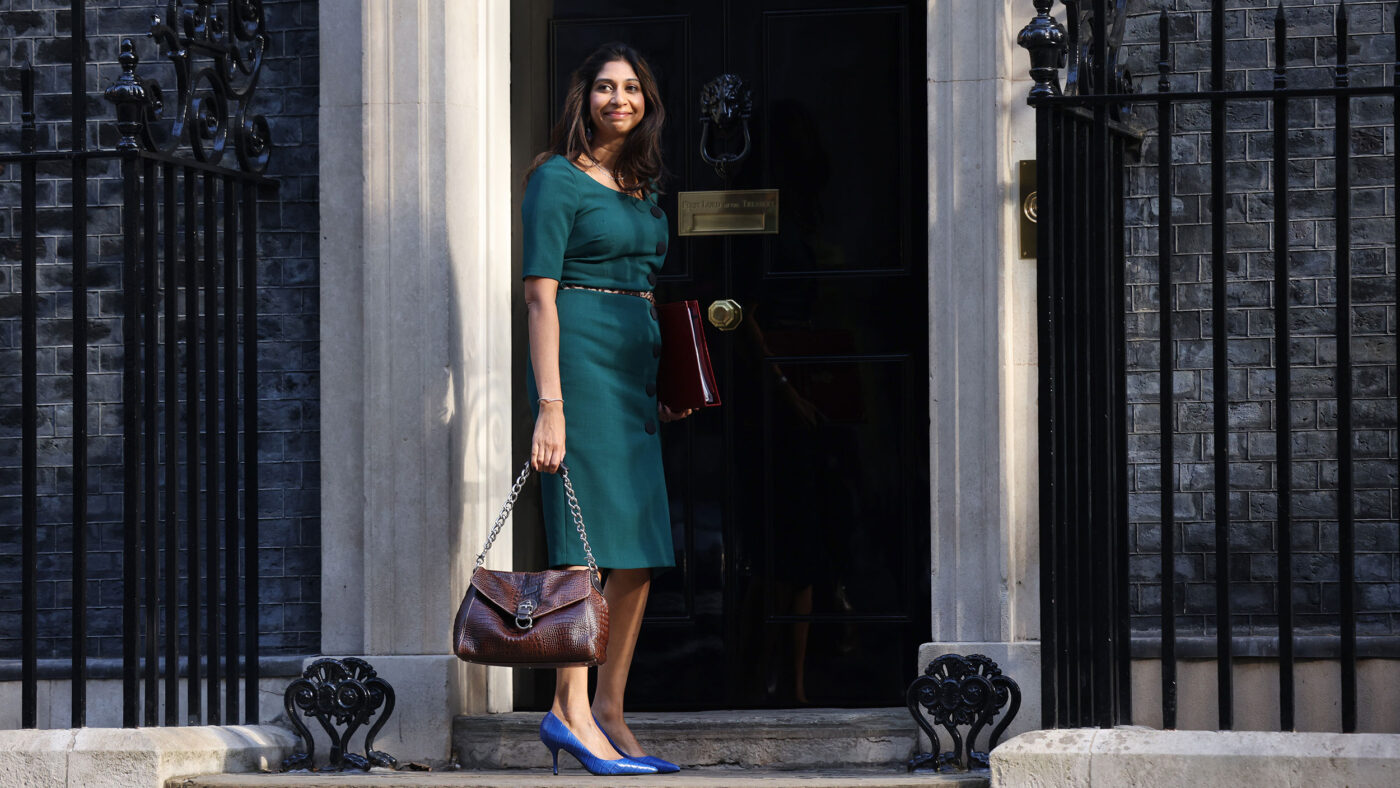Home Secretary Suella Braverman’s speech in Washington DC has sparked controversy among staunch defenders of ‘multiculturalism’ – but do they know what they are defending?
Braverman’s declaration that ‘multiculturalism has failed’ is nothing new – indeed, David Cameron made the very same point during a 2011 security conference in Munich. But the difference this time around is that so-called ‘progressives’ are weaponising the Home Secretary’s ethnic heritage and the migratory history of her parents (who are of Indian origin and moved to the UK from Kenya and Mauritius respectively). Some have even challenged Braverman’s views on ‘multiculturalism’ on the grounds of her having a Jewish husband and working under a Hindu Prime Minister. It leaves one wondering where their real prejudices lie.
What we are seeing is the conflation between being a multi-racial democracy and multiculturalism as an ideological belief, philosophical concept, and indeed a political idea. There is no doubt that the UK is a relatively successful multi-racial democracy – certainly more so than major EU member states such as France, Germany, the Netherlands, Spain and Italy (as well as the United States, which continues to grapple with the legacy of slavery and segregation). In our liberal democracy, the great offices of state are routinely held by members of ethno-religious minorities. In the labour market, two of the higher-earning ethnic groups are workers of Chinese heritage and Indian origin. In education, multiple non-white ethnic groups are leading the way when it comes to academic excellence in the English school system. These successes and achievements should be a source of national pride in a society that has made significant progress in terms of racial equality.
This, of course, is quite separate to issues relating to multiculturalism and integration. The fact that we have a Hindu Prime Minister and Muslim First Minister of Scotland doesn’t change the fact that last year, eastern parts of Leicester, such as Belgrave, experienced large-scale public disorder – primarily between Hindu and Muslim youths. The current cabinet is among the most ethnically diverse ever. This doesn’t mean we shouldn’t be concerned by the recent inflammation of racial tensions in the south-east London district of Peckham following a physical altercation between an Asian-heritage business owner and a black woman accused of theft. Racist messages left on the front of the establishment included one which said ‘go to hell Patel’.
British Muslims have made incredible progress in the UK in spheres such as politics, business, the media, entertainment and sport. It is testament to how free and open we are as a country that three in four British Muslims believe that Britain is a good place to live for people of their faith (I suspect this figure would be far lower if French Muslims were asked the same question about their own country). But this shouldn’t lead us to be relaxed over intense forms of segregation in places such as Sparkhill in Birmingham and Cheetham Hill in Manchester, as well as northern English towns such as Blackburn in Lancashire and Dewsbury in Yorkshire. To ignore the fertile ground that such communities can provide for Islamist extremism – which remains the country’s principal terror threat – would be dangerously naïve.
A multiculturalism that insists a diversity of cultures can peacefully co-exist in relatively deprived areas with little to no institutional emphasis on integration is destined to fail. And to trivialise the impact of toxic ideological imports, such as American-inspired racial identity politics, will not do any of us any favours in the UK.
It is perfectly reasonable to believe that Britain is a relatively successful multi-racial democracy that still has much work to do to improve integration, particularly in deprived areas.
A mature and confident liberal democracy is one that guards against complacency when it comes to community cohesion. That is where modern Britain should be.
Click here to subscribe to our daily briefing – the best pieces from CapX and across the web.
CapX depends on the generosity of its readers. If you value what we do, please consider making a donation.


